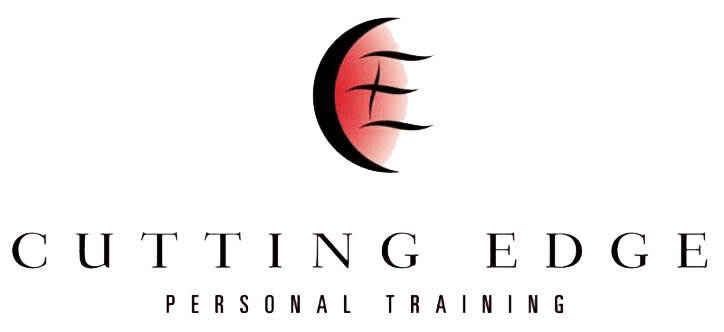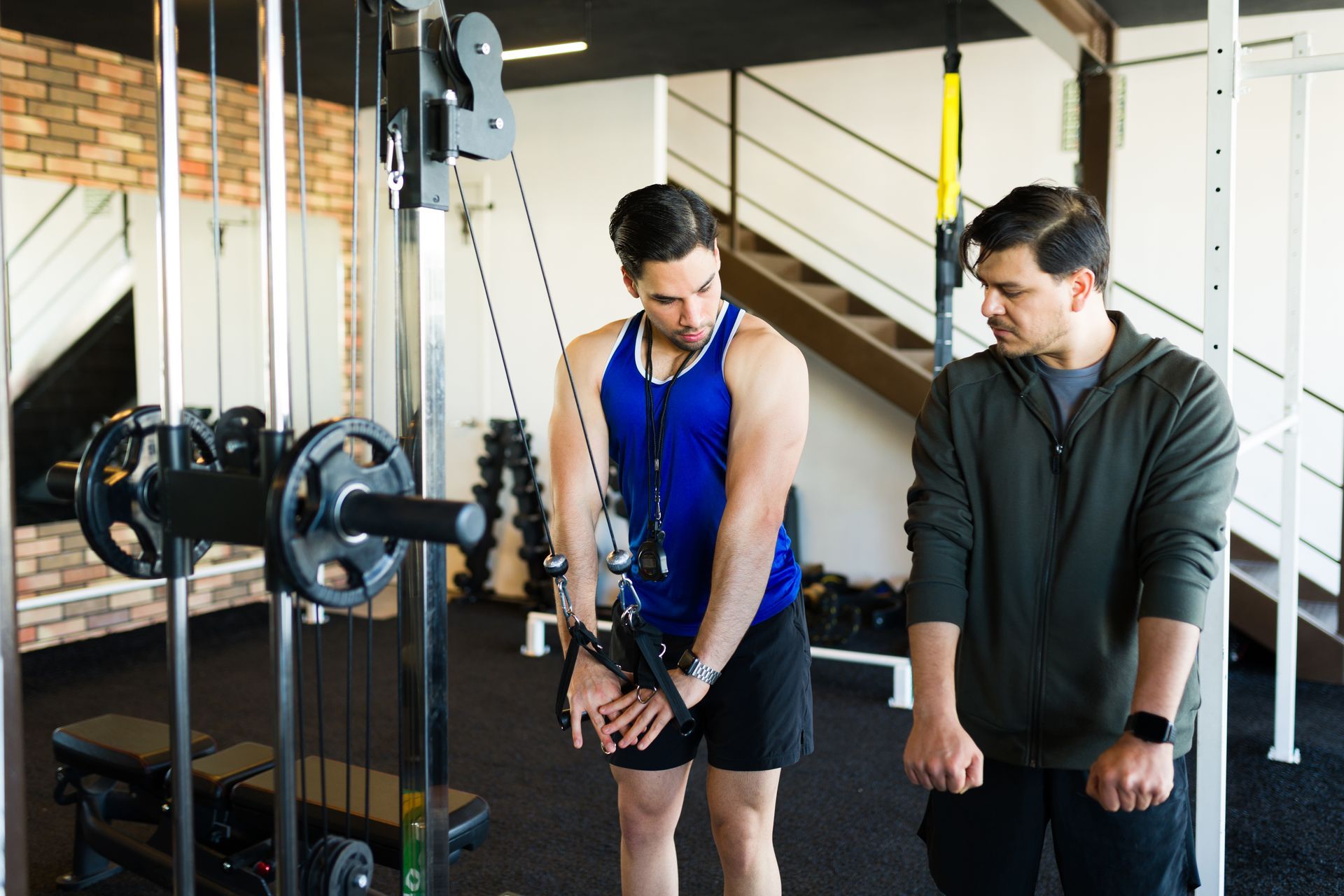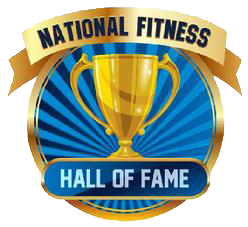March 6, 2023
Why You SHOULD Get a Personalized Fitness Plan
Discover why investing in a personal trainer is one of the best decisions you can make.

Physical fitness is a critical component of the modern-day, sedentary lifestyle. And personalized fitness plans are an increasingly popular option for individuals looking to optimize their workouts and diets and reach their health goals.
Customized to each individual's specific needs, personalized fitness plans offer numerous benefits, from addressing specific health concerns and limitations to providing motivation and accountability.
Despite these advantages, many people still rely on generic plans or hesitate to invest in personalized fitness programs due to cost or time commitments.
In this article, we'll explore why a personalized fitness plan may be essential to reaching and maintaining your fitness goals. So strap in and let’s learn!
The Greatest Bond - Exercise & Health
Before we begin, I’d like to mention that the greatest bond is that between exercise and health.
Exercise is an incredibly vital component of maintaining good health, and the benefits of regular physical activity are undeniable.
Exercise is linked to a range of health benefits, including weight management, improved cardiovascular health, increased muscle strength and flexibility, better sleep quality, and a reduced risk of various chronic diseases.
In addition, exercise has been shown to have a positive impact on mental health, reducing stress and anxiety and improving mood.
By making exercise a regular part of your routine, you can reap the many rewards of good health and feel your best both physically and mentally.
Benefits Of Personalized Plans
While exercise and nutrition are undoubtedly essential for maintaining good health, it's worth noting that they can be counterproductive if not approached correctly.
Many people make mistakes when it comes to their diet and exercise routines, whether it's not eating the right foods, overexerting themselves during workouts, or failing to consider their individual needs and limitations.
These mistakes can have adverse effects on health, from causing injuries and muscle strain to hindering progress toward health goals.
To ensure that you are setting the right foundation for your health and wellness, it's important to seek the guidance of a professional.
Hiring a personal trainer or nutritionist can help you avoid mistakes, set realistic goals, and develop a customized plan that meets your specific needs and objectives.
By working with a professional, you can feel confident that you are making the most of your exercise and nutrition efforts and achieving optimal results in a safe and sustainable way.
Let’s have a look at the 4 biggest benefits of personalized fitness plans.
1. Customization to Individual Needs
One of the most significant advantages of personalized fitness plans is that they are tailored to an individual's unique needs and goals.
When working with a personal trainer or fitness professional, they take into account your specific fitness level, body composition, and health concerns to create a plan that is tailored to your needs.
Additionally, they consider your goals and preferences, such as your desired workout intensity and preferred exercise types, to ensure that your plan aligns with your expectations.
Furthermore, personalized fitness plans can be designed to work with your schedule, whether you have time constraints due to work or family responsibilities.
This level of customization is essential for achieving optimal results and progressing toward your goals.
When you have a plan that is tailored to your individual needs, you can feel confident that you are making the most of your exercise routine and working towards your goals in the most effective way possible.
2. Addressing Health Limitations
One significant benefit of hiring a professional to create a personalized fitness plan is that they can take into account any health limitations that you may have.
For instance, if you have an injury, a personal trainer or fitness professional can design a plan that avoids putting stress on the affected area, allowing you to maintain fitness and recover safely.
By working with a professional, you can feel confident that you are working within the parameters of your health limitations and that your plan is designed to help you make progress toward your goals without negatively impacting your health.
Ultimately, this level of customization is essential for achieving optimal results while ensuring that you are maintaining good health and wellness.
3 & 4. Motivation & Accountability
Let’s face it - having the right exercise and nutrition plan is nothing without the ability to stick to the plan in the long run.
This is why motivation and accountability are critical components of achieving and maintaining fitness goals, and this is another area where working with a qualified fitness professional can be incredibly beneficial.
Many people struggle to stay motivated when working out, and without proper motivation, it's easy to become discouraged and give up on your goals.
By working with a personal trainer or fitness coach, you have someone who is there to provide guidance, support, and motivation, helping you stay on track and remain committed to your goals.
Additionally, having someone to hold you accountable can be incredibly helpful.
A fitness professional will track your progress, monitor your form, and ensure that you are performing exercises safely and effectively.
They will also provide feedback and make adjustments to your plan as needed based on your progress and feedback.
Ultimately, by working with a professional, you can stay motivated, stay on track, and reach your fitness goals more efficiently and effectively.
So why not get started today? Just contact me today, and I’ll set you up for an initial strategy session free of charge.
Let’s do this together.





